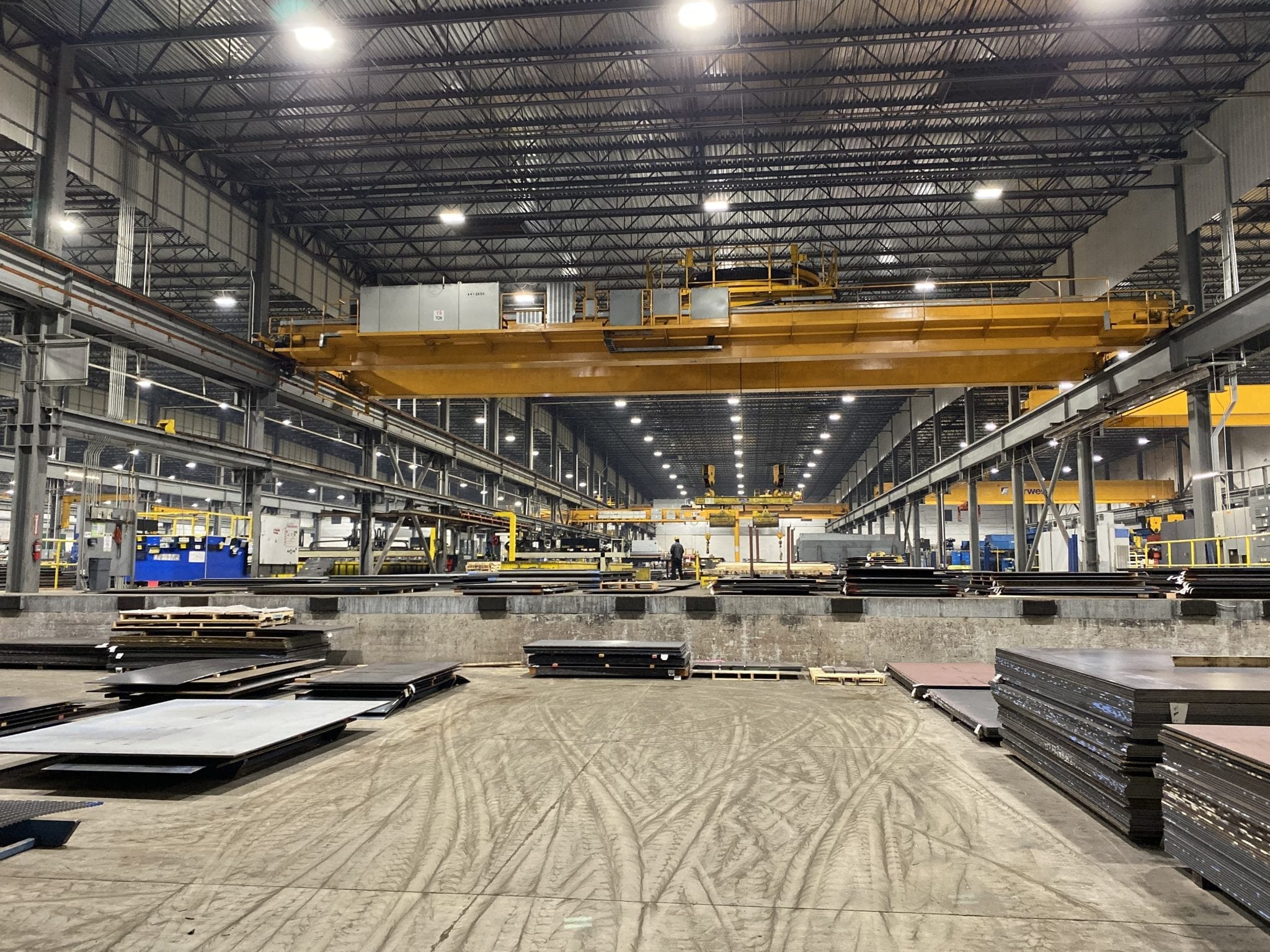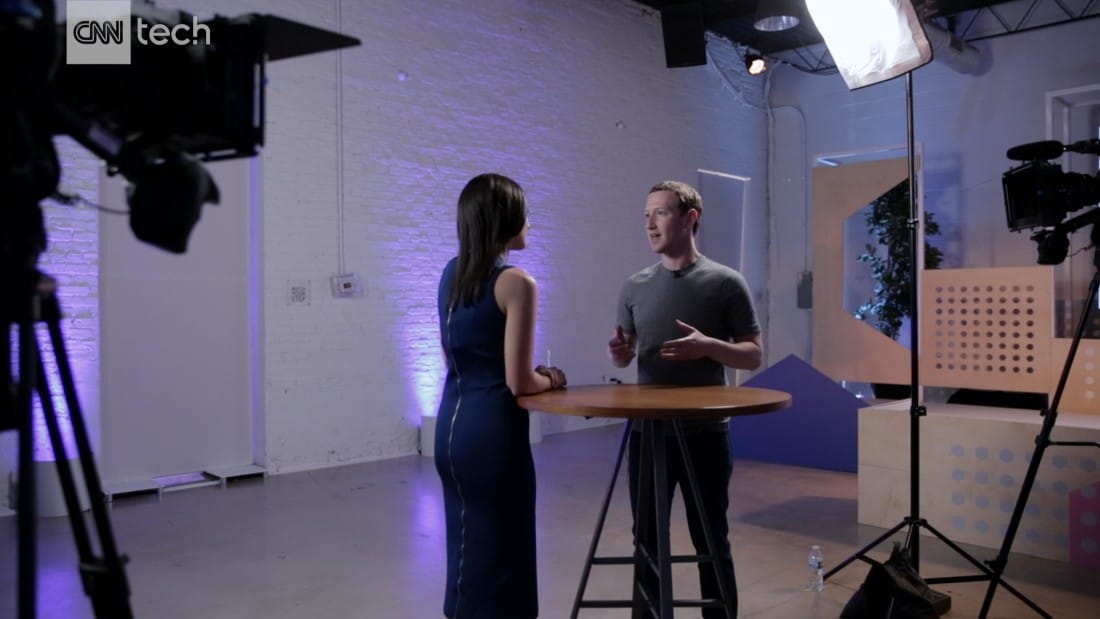The Biden administration has made headlines with its recent decision to block Nippon Steel’s proposed acquisition of a major U.S. steel plant, a move that has generated considerable concern among steel workers in the United States. This action underscores the administration’s commitment to safeguarding domestic jobs and addressing national security concerns associated with foreign investments in critical industries.
The proposed acquisition by Nippon Steel, one of Japan’s largest steel producers, was seen as a strategic expansion into the U.S. market. However, the administration’s decision reflects a growing apprehension regarding foreign ownership of vital manufacturing sectors, particularly in light of ongoing geopolitical tensions and supply chain vulnerabilities. The U.S. steel industry has long been a cornerstone of the nation’s manufacturing base, and any shifts in ownership can have far-reaching implications for workers, communities, and the economy as a whole.
Steel workers across the country have expressed their concerns regarding job security in the wake of this decision. Many are apprehensive about the potential for job losses or changes in working conditions that could arise from foreign ownership. The steel industry has faced significant challenges in recent years, including fluctuations in demand, competition from cheaper imports, and the effects of the COVID-19 pandemic. As a result, workers are particularly sensitive to any developments that could jeopardize their livelihoods.
The Biden administration’s stance on foreign investment in the steel sector is not entirely new. Previous administrations have also taken steps to scrutinize foreign acquisitions, especially in industries deemed critical to national security. However, the current political climate has intensified the focus on protecting domestic jobs and industries, leading to a more cautious approach toward foreign investments.
In blocking the Nippon Steel acquisition, the administration has signaled its commitment to revitalizing the U.S. steel industry and ensuring that American workers remain at the forefront of this vital sector. The decision aligns with broader economic policies aimed at fostering domestic manufacturing and reducing reliance on foreign entities. By prioritizing American jobs, the administration hopes to bolster the steel industry’s resilience and competitiveness in the global market.
The implications of this decision extend beyond immediate job security for steel workers. The steel industry plays a crucial role in various sectors, including construction, automotive manufacturing, and infrastructure development. A stable and robust domestic steel industry is essential for supporting these sectors and ensuring the availability of high-quality materials for critical projects. As such, any disruptions in the steel supply chain could have cascading effects on the broader economy.
Moreover, the administration’s decision has sparked discussions about the future of foreign investment in the U.S. steel sector. While foreign capital can bring valuable resources and expertise, concerns about job losses and national security continue to shape the narrative around such acquisitions. The challenge lies in finding a balance between attracting foreign investment and protecting domestic industries and workers.
As the steel industry grapples with these challenges, workers are left to navigate an uncertain landscape. Many are calling for greater transparency and communication from both the government and industry leaders regarding the future of the sector. Steel workers are eager to understand how policy decisions will impact their jobs and the overall health of the industry in the coming years.
In conclusion, the Biden administration’s decision to block Nippon Steel’s takeover of a U.S. steel plant has created a ripple effect of uncertainty among American steel workers. While the move is intended to protect domestic jobs and address national security concerns, it also raises important questions about the future of foreign investment in the U.S. steel industry. As the industry continues to evolve, workers and stakeholders alike will be watching closely to see how these developments unfold and what they mean for the future of steel manufacturing in the United States.



